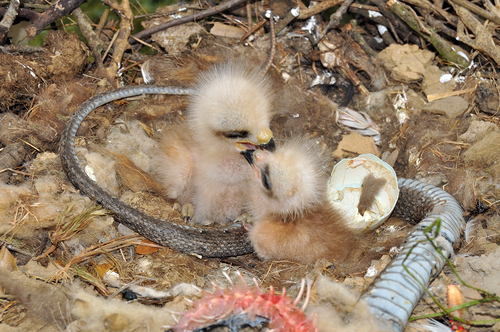The Singular Scientific and Technical Infrastructure Doñana Biological Reserve (ICTS-Doñana) announces the opening of a call for international research projects in the Doñana Natural Space.
Selected projects will receive a grant of up to €10,000 per application, intended to cover expenses such as travel and per diems for researchers, consumables, and small research project materials.
Priority will be given to international projects that collaborate with Spanish research teams in Doñana Natural Space, that make use of the facilities of the ICTS and/or use environmental monitoring data provided by ICTS-Doñana.
The call for proposals will remain open until 30 June 2024, with priority given to projects led by young researchers and women.
Send your research project in Spanish or English with the CV of the Principal Researcher to direccion.ebd@csic.es
Funding: Junta Andalucía Call QUAL21-020



